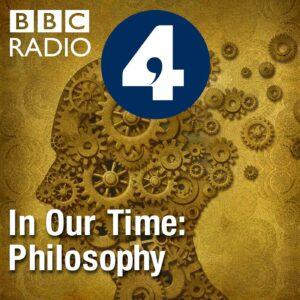
In this episode of “The Lex Fridman Podcast,” Mark Zuckerberg and Lex Fridman have a conversation inside the Metaverse as photorealistic codec avatars. They discuss the future of human connection on the internet, the technical complexities of the metaverse, and the potential of mixed reality technology. They also explore the implications of photorealistic avatars, AI personalities, and the ethical challenges of the digital world. Join them as they dive into the exciting possibilities of the metaverse and its impact on our lives.
Avatar technology, specifically photorealistic codec avatars, has the potential to revolutionize human connection online. By capturing facial expressions and providing a sense of presence, these avatars enable deeper emotional connections and make remote conversations more intimate. The metaverse allows for physically being together and participating in activities, breaking down geographic barriers. Codec avatars, with their ability to display subtle expressions, may be more useful for work-related meetings, while game aesthetics may require different avatar styles.
The metaverse is a technically complex concept that aims to deliver a sense of presence and immersion. Achieving photorealism in codec avatars involves scanning real people and creating computer models of their faces and bodies. Interestingly, the avatars’ subtle flaws and imperfections make them feel more immersive than perfect ones. Mixed reality technology, as exemplified by the upcoming Quest 3 device, allows for the superimposition of digital objects on the physical world, creating unique and exciting experiences.
Meta’s announcement of AI personalities that reflect the quirks and beauty of a particular human being opens up new possibilities for human-AI interactions. These AI personalities can facilitate connections between people, enrich gaming experiences, and contribute to the creation of virtual communities. However, the use of photorealistic avatars raises questions about identity and the nature of digital interactions. The metaverse has the potential to empower individuals to interact with others and build communities beyond the limitations of physical time and space. The AI Studio platform allows anyone to create their own AI with avatars and expressiveness, further expanding the possibilities of digital identity.
The conversation between Mark Zuckerberg and Lex Fridman inside the Metaverse offers a glimpse into the future of human connection and digital interactions. Avatar technology, mixed reality, and AI personalities are transforming the way we communicate and experience the world. The metaverse holds the promise of delivering social and psychological benefits by enabling us to be present with others in a way that was previously unimaginable. As technology continues to advance, it is crucial to navigate the ethical challenges and explore the potential of the metaverse to enhance our lives and relationships.